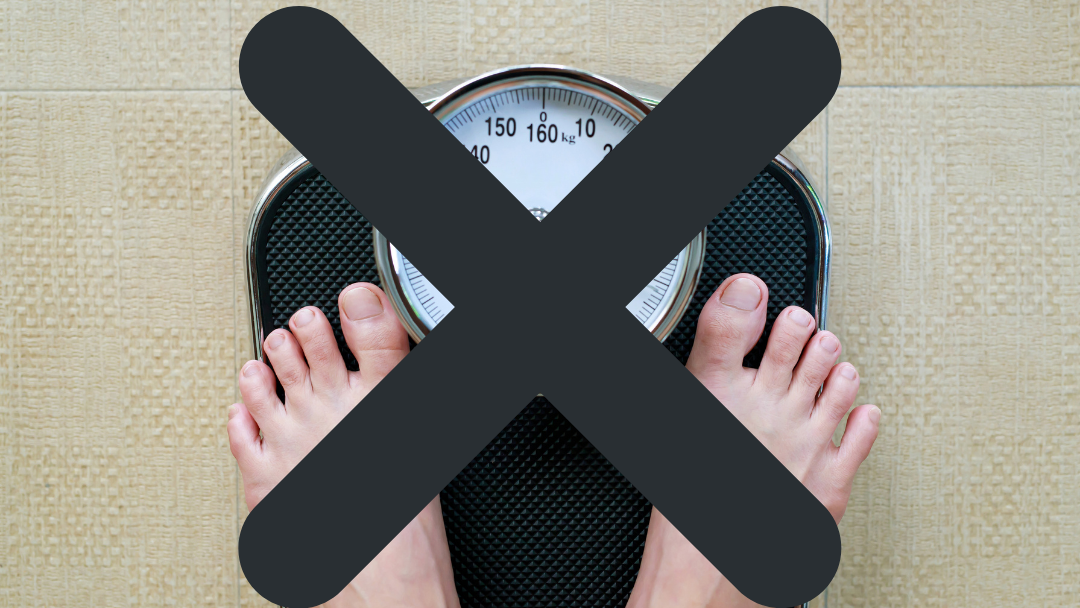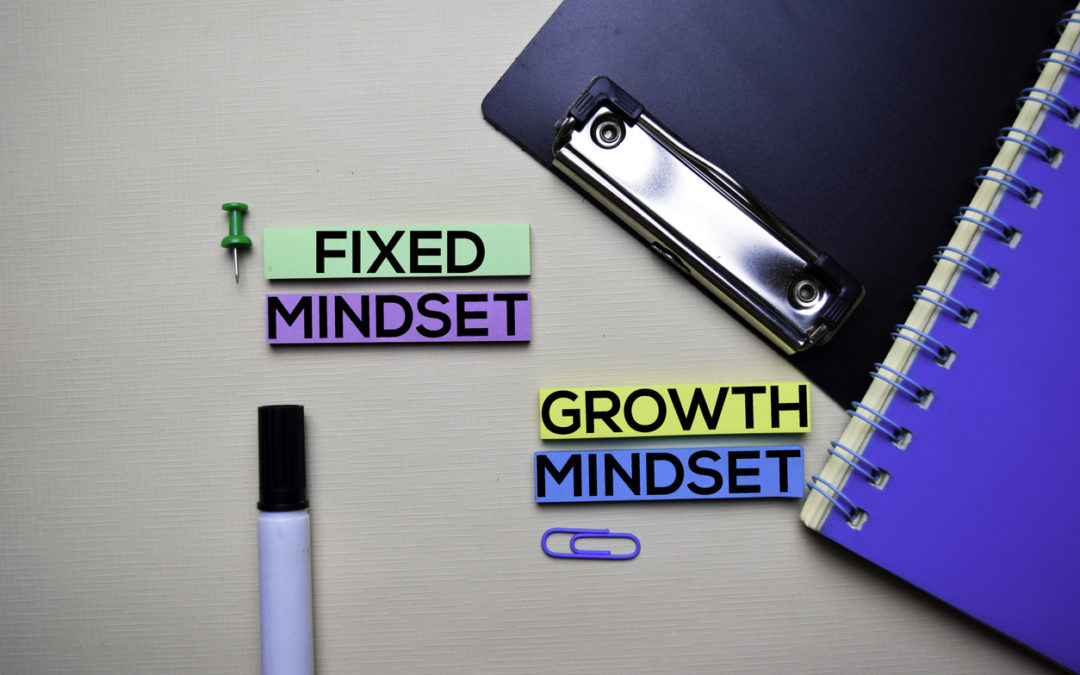
by Jen Owen, N.P. | Aug 1, 2024 | Mind-Body Medicine
Written by our Licensed Professional Counselor, Jody L. Cecil
As I continue to enjoy the summer season, I’ve spent a fair amount of time tending to the flowers planted in the yard of our home. New to Oregon, I’m learning about each plant’s needs and growing seasons. Water, sunshine, and fertilizer all matter. And then there’s deadheading.
For those who might be new to gardening and flower care (like me!), deadheading is the process of removing the old blossoms and seed heads from the plant. While it’s not always necessary, many flowering plants need it. With the dead blossoms gone, the plant directs its energy into growth and more flowers. If I’m being honest, I often find the task of deadheading quite tedious. The flowers I have seem beautiful enough, right?
Surrounded by daisies, I recently paused and saw the process of deadheading through the eyes of a growing and healing human being. Caring for ourselves requires a type of pruning at times, doesn’t it? Long-lasting change often occurs when we accept the invitation to “prune”, to explore old wounds and survival strategies that may no longer be serving us. Growth must be stimulated, and much like a plant, our brains have the ability to change and rewire themselves. Our energy can be redirected to create even more beauty.
As a member of the Flourish team, I’d be honored to walk with you on your personal journey of healing and growth. If you feel counseling might be helpful, please contact me. Together, we’ll collaborate on a plan that invites more beauty and hope into your life.

by Jen Owen, N.P. | Jul 25, 2024 | Mind-Body Medicine
Shared by our Founder & Nurse Practitioner, Jen Owen, N.P.
In February 2024, I finished a yearlong coaching program with the Hendricks Institute to become a Big Leap Coach. One of the main areas of exploration was Body Intelligence, how we have innate wisdom within our bodies and how we can unlock and unblock this wisdom.
One of the main ways our body wisdom is blocked is by fear.
Fear, even in small doses, can get locked in the cells of our bodies causing anxiety, insomnia, depression, worry, stress, etc. We get stuck in fight-or-flight. Read the details about what it means to be in fight-or-flight here.
Through the Hendricks, I learned an easy and effective way to release fear called the Fear Melters.
You may know that I’ve had a particular challenging year so far in 2024. Without doing the Fear Melters every day, I’m not sure where I’d be.
There are four ways that fear shows itself: fight, flight (flee), freeze, or faint.
All of these are accompanied by shorter and shallower breath. We cannot be talked out of fear. Fear is a physiological response and can only be melted with breath, movement and love. There are specific movements that can be applied as an antidote to each type of fear.
FIGHT
Is often confused with anger. Your body weight moves forward, arms get tight, hands may form into fists, talking is faster and louder. You are ready to fight.
To combat FIGHT: OOZE your body
Begin to move slowly as if you are warm chocolate oozing off a spoon. Ooze your arms, shoulders, and hips and even your jaw; slow your words down and change your tone of voice.
FLEE
Part or all of you leaves the vicinity. Can be accompanied by a nervous laugh or eyes glazing over. You may flee by using drugs, alcohol, technology, or food. You’re not present in the moment.
To combat FLEE or FLIGHT: ROOT your body
Widen your stance and bend your knees a little or a lot. Let your toes spread out as you imagine beautiful roots extending from your feet into the nourishment of the earth. Imagine the earth’s energy infusing you with aliveness here and now. Learn more about rooting (grounding) here.
FREEZE
Your body becomes stiff and tight and you might have a nervous smile. Your thoughts may go round and round in your mind. You are frozen in place.
To combat FREEZE: WIGGLE your body
Begin to wiggle your fingers and toes, eventually wiggle your hips and shoulders; to unfreeze you will eventually need to wiggle your core. Literally “shake it off”.
FAINT
Your thinking becomes foggy and confused. You may feel drained or sleepy with your jaw hanging open. You may feel “stupid” and not like yourself.
To combat FAINT: give yourself LOVE SCOOPS
Reach your arms out around you as if you are gathering energy and love towards you. Bring your hands towards you, touching your head, chest, belly or wherever love is needed.
Often, you will be experiencing a combination of fears. Do the one(s) that feel(s) best in the moment. I find that the right Fear Melter feels very good in my body.
For prevention, do the Fear Melters for at least 2 minutes every day and do them more often during times of high stress. While my dad was dying and tensions were high, I practiced the WIGGLE move many times a day.
If you need help, let me know at an appointment and I’ll walk you through them. You can learn about the Fear Melters from my teacher, Katie Hendricks, in this video.
Please report back about your experiences with these helpful and easy tools as you shift from FEAR to FLOW.

by Jen Owen, N.P. | Aug 19, 2022 | Mind-Body Medicine
In the summer of 2021, I had been contemplating a way to bring together all of my knowledge and gifts in a way that I could help more people. I love being a healthcare provider, and what I love the most are the times when I get to help someone overcome whatever is holding them back. This might be a belief about themselves, an old thought pattern, judgement they’re putting on themselves, or a myriad of other blocks to feeling and living their best. Usually, the solution isn’t that complicated and when these blocks shift, life changes for good.
I set an intention to be shown how I could package deep transformations in a way that was accessible, affordable, and maybe even fun! I wanted to be able to present new ways of thinking and being in a way that was easy to learn and implement, while being able to offer personal support along the way. One day, after a long meditation, I understood exactly how to do this and my online program for women, The Flourish Way™ Experience was born.
This program has blown my mind. The members have shown up fully to do the work and support one another, and the transformations have been profound! One member realized her life purpose and is now starting her own business, while another got a promotion at her job. Several members report better communication in their relationships and more satisfying sex lives. Two members have overcome long-term anxiety and feel more secure knowing they have tools to handle it if it returns. Others report feeling more connected to themselves. They take more time for rest and self-care without feeling guilty. I could go on and on.
During these past few years with the pandemic, political unrest, and a general uncertainty for what the future holds, I’ve seen stress levels higher than ever before. Now more than ever, we need regular support. We need stress reduction techniques beyond yoga and chamomile tea. We need to understand ourselves, our reactions to all the noise, and how we can effectively live our best lives despite the chaos. This is what the program is all about.
If you’re not feeling happy and you feel like you “should” be happy, if you know your relationship and the intimacy with your partner could be more optimal, if you feel like you’re being constantly affected by the events of the world or the people in your life, if you feel like you just know there’s more for you….then The Flourish Way™ Experience program is for you.
This is a 12-week program where you’ll learn how to unwind and unlearn from all the stress and the patterns you’ve adapted to over the years. You’ll restore and replenish your energy, your vitality, and your connection with yourself. And finally, you’ll expand and emerge into a more full, satisfied, and aligned version of yourself. I knew these things would happen when we started and now after coaching the women in the group for a full year, I’ve seen it all come to fruition.
Registration is now open for the fall cohort of new members. The program will open for you on September 4 with our first online Zoom session on September 11. I will be limiting the number of participants, so if you know you’re ready to do things a new way in your life, please register soon. A substantial “early bird” discount is available until August 22.
Please reach out if we can answer any questions for you, otherwise, I look forward to being your guide.
Learn more and reserve your spot here.
~Jen Owen, N.P.
P.S Because we use my pelvic bowl healing techniques as one of the foundations of our work in the program, The Flourish Way™ Experience is open only to those born with female anatomy.

by Jen Owen, N.P. | Feb 17, 2022 | Mind-Body Medicine
It’s so easy to change yourself to fit the needs of others or to be who you think others want you to be. It’s kind of like being a chameleon.
Chameleons change their color to blend in with their habitats. They adapt to the climate around them to be undetected, fit in, and be more comfortable.
Humans do this, too.
How often have you participated in activities to fit in? For example, do you drink alcohol or eat sugar because “everybody’s doing it”?
Have you held your tongue and not spoken your truth for fear of upsetting others? This is happening so much in today’s political and social climates.
Do you stay in a job or avoid pursuing your dreams because it’s the “safe” thing to do?
When you act like a chameleon, you forget who YOU really are.
You lose touch with your own hopes, dreams, and wants for YOUR life.
You keep changing yourself over and over and over, and pretty soon, you forget what color YOU are.
One of the best tools I know for reconnecting with yourself is journaling.
Find a quiet moment and take some deep breaths.
Ask yourself these questions:
What do I really want?
Who do I really want to be?
What goals do I have that I’m not currently pursuing?
Where am I not speaking my truth?
Let the answers flow out onto the paper and write and write until it feels complete.
Then, take the main points and gather them into a few sentences.
Read these sentences out loud to yourself morning and night.
Please come back and share your story with me in the comments below or shot me an email.
What is your true color?
How does it feel when you return fully and completely to letting that color shine???

by Jen Owen, N.P. | Jan 6, 2022 | Mind-Body Medicine
What if instead of setting a weight loss goal, restricting calories, over-exercising, and any other form of self-punishment, you simply asked your body what it wants?
When I first starting getting personal and business coaching, this concept was introduced to me.
Frankly, I thought it was ridiculous.
I was all about the nutrients in food, getting the “right” amount of protein, restricting foods when a certain condition called for it, and all the other stuff based on scientific research and the experience of my mentors.
I’ve tried just about every fad diet out there…Whole 30, low-carb, candida cleanses, blood type diet, Weight Watchers, keto,…you name it, I’ve probably tried it. I’ve always had the rule that I won’t ask a patient to do anything I’m not willing to do (so, you’ll never have to worry about giving up coffee!).
None of them are sustainable and most of them have you working AGAINST your body and not WITH it.
Every day, I have a conversation with my patients that starts with, “Have you asked your body what it really wants?”.
Some of them look at me like I’ve lost it. Most are curious about what I mean.
Your body will tell you exactly what to eat, how to exercise, when to go to bed, and what to stop/start doing if you take the time to ask it. But, you have to actually do what it tells you to do.
Most of you are ignoring your body’s signals. You get a headache, so you take ibuprofen. Your stomach hurts, you take tums. You get a gut feeling not to go to an event and you go anyway. You know exercise is optimal for you, but you binge watch that new show instead. You get the idea.
Ignoring your body over and over again creates distrust. Your body stops signaling or signals so loud that you are forced to stop and notice. When the signals get crossed, you get discouraged and the cycle starts over again. Make sense?
The good news is that your body wants more than anything to support you. It’s striving to bring you back to balance at every moment. You CAN rekindle your relationship.
Simply start asking and then slow down long enough to hear the answer. When you feel hungry, don’t ignore this even if you’re busy. Go into the kitchen and ask your body, ‘What sounds really good?’. Wander around looking at the options and see which ones feel the best. Eat those. Do the same thing at the grocery store. Buy the things that look and sound amazing to eat.
At first, you may still think you want something sugary or salty and sometimes you still will. More often than not, you’re going to want veggies or fruit. My body often wants nut butters and avocados.
When you’re done with work each day, ask your body, ‘What sounds amazing to do next?’. Maybe it will be a nap or a walk or to call a friend. Do whatever your body says without questioning. You may be taking a nap every day for awhile.
Keep practicing. Your relationship with your body won’t heal overnight, but with persistent asking and listening, you’ll be surprised how much better you’ll feel and you won’t have to starve or suffer in the meantime!
Want more help with transformations like this? Come and see me at my Portland clinic.

by Jen Owen, N.P. | Dec 10, 2021 | Mind-Body Medicine
Mindset shifting is something I do every day for myself, my patients, and my coaching clients.
One of the basics of mindset work is first to understand what kind of mindset you operate under. In her book, Mindset: The New Psychology of Success, Carol Dweck, Ph.D. introduces us to the concept of Fixed versus Growth Mindsets.
A Fixed Mindset is when you believe your qualities are carved in stone. You might believe you have a certain amount of intelligence, a certain personality, and a certain character. Those in a Fixed Mindset tend to focus on proving themselves, on proving that what is certain about them is actually the concrete and only truth.
They are constantly evaluating themselves with questions like,
“Will I succeed or fail?”
“Will I look smart or dumb?
“Will I be accepted or rejected?”
Fixed Mindset people tend to play it safe, not taking risks for fear of failure or embarrassment.
On the opposite side, is the Growth Mindset.
When you operate under a Growth Mindset, you believe that your basic qualities are the things that you can cultivate through your efforts, your strategies, and from getting help from others.
You believe you can change and grow through application and experience. Growth Mindset people are willing to take risks and make mistakes, because they know whatever happens will present them with an opportunity to learn and grow.
They ask very different questions such as,
“Why waste time proving over and over how great you are, when you could be getting better?”
“Why hide deficiencies instead of overcoming them?”
“Why seek out the tried and true, instead of experiences that will stretch you?”
Growth Mindset people allow for what is possible and know that a person’s true potential is unknown. They go for it anyway!
So, what type of mindset is the basis for how you operate in the world?
Do you believe that you are “just how you are” and that things “are just this way”?
Or, do you believe things can be different for you?
Do you believe that with the right tools and support, you could change yourself and the course of your life?
What could be possible for you if you had a different mindset?
It’s honestly not that hard to shift your mindset. Once you establish a few new habits and routines and gain a deeper understanding of what mindset it most optimal for you, you can more easily reach your goals and intentions.







Recent Comments